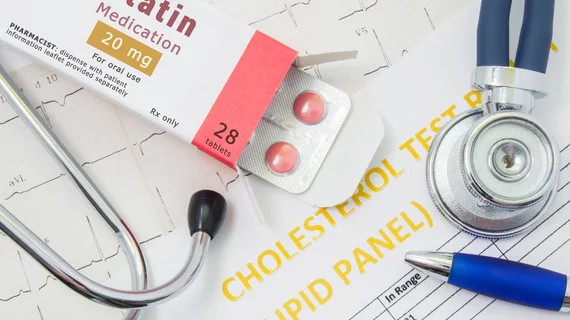Biopharma may not come out on top from COVID-19 pandemic
While emerging conventional wisdom may state biopharmaceutical companies could see a boon as a result of the COVID-19 pandemic thanks to new treatment and vaccine opportunities, the sector may not come out on top.
That’s according to a new report from the Pioneer Institute, a think-tank based in Boston, which found that biopharmaceutical companies are facing disruptions in business operations like many other sectors. Namely, with significant closures of businesses around the world and the impact to the economy, biopharma is seeing a disruption of clinical trials, declining sales due to fewer patient visits with physicians, supply chain and distribution challenges and share price declines.
The impact on clinical trials could mean new drug approvals will be delayed as trial timelines get pushed back. It will also have a long-term financial impact on the industry, eating into patent lifetimes and limiting the period a drug can be sold under a patent.
Furthermore, the opportunities for biopharma to treat and prevent COVID-19 infections will require massive investments that may be impacted by political pressures to keep prices on these options low.
“The pressure for very low prices will be so intense that, if one were to set aside humanitarian concerns and consider only the business impact of the current pandemic, one could argue that, in the current political environment, it is not in the interest of shareholders for biopharmaceutical companies to pursue COVID-19 treatments,” the report stated.
However, some biopharmaceutical companies are leveraging government funds and support to develop, produce and distribute a COVID-19 vaccine in an equitable manner. For example, AstraZeneca recently received $1 billion in funding from the U.S. Biomedical Advanced Research and Development Authority to advance Oxford University’s vaccine.
As the pandemic creates havoc across the globe, governments may see any viable vaccine that was partially funded by government funds as “public property,” the report stated, potentially preventing patents.
The pricing debate over future treatments and vaccine for COVID-19 are likely to further harm the reputation of the biopharmaceutical sector, Pioneer Institute argued.
“The impact of all this upon the industry therefore will be largely negative,” the report noted.
While the report does not suggest cash bailouts or other direct assistance to the biopharma industry, Pioneer Institute did recommend a number of policies:
- Regulatory flexibility in reviewing clinical trial data for trials that have been disrupted or delayed, including allowing telemedicine in trials
- Congressional consideration to extend patent life of therapies patented from clinical trials that were delayed
- Allow companies to recoup their investments for COVID-19 treatments
- Prioritize access to treatments for patients where access has been disrupted
- State regulators should increase access to medicines for older Americans who are vulnerable to serious illness from the virus
- Form an expert commission to make recommendations on improving the supply chain for medicines

